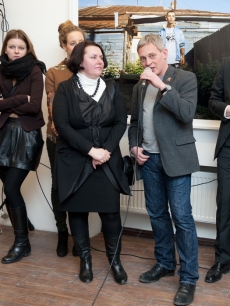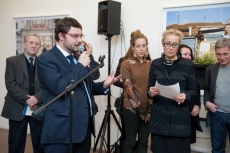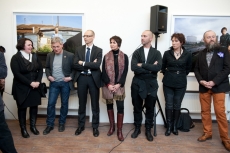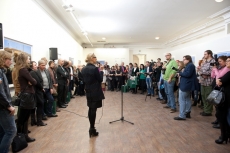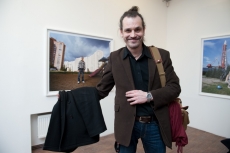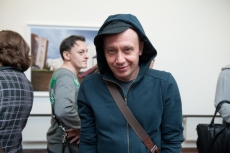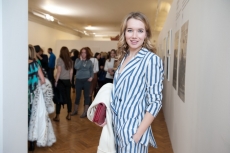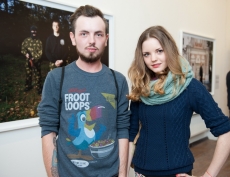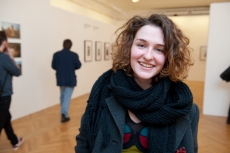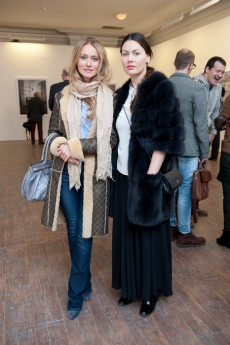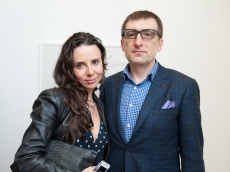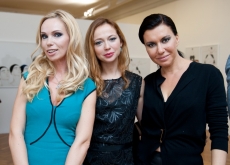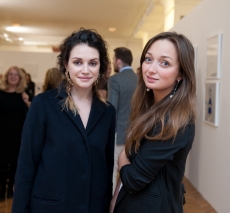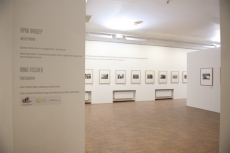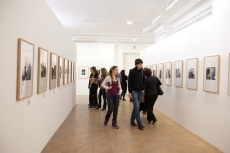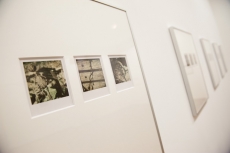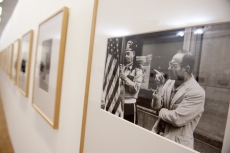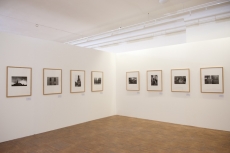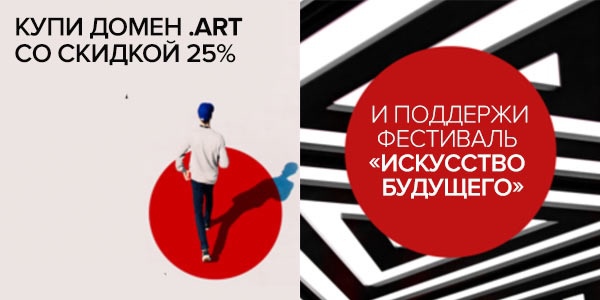Photography
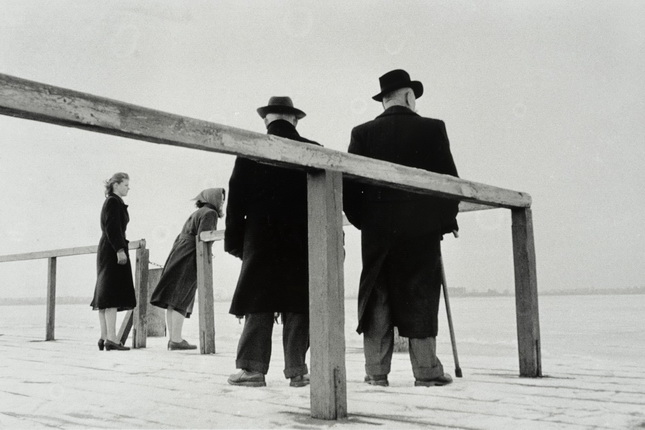
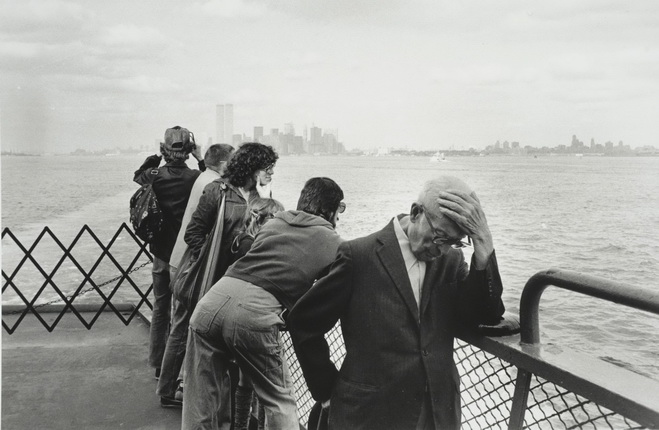
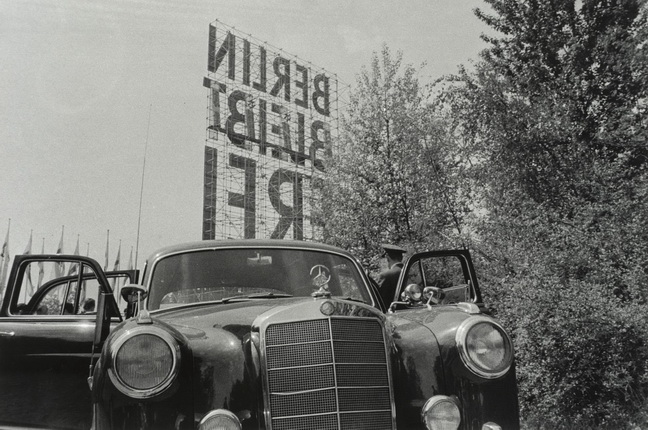
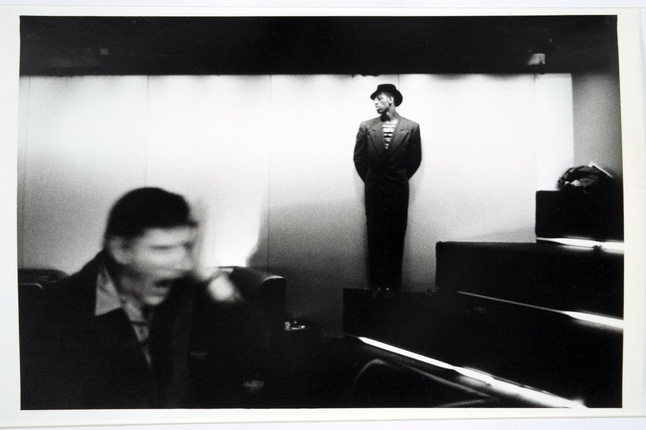
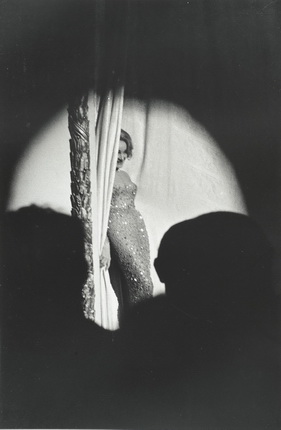
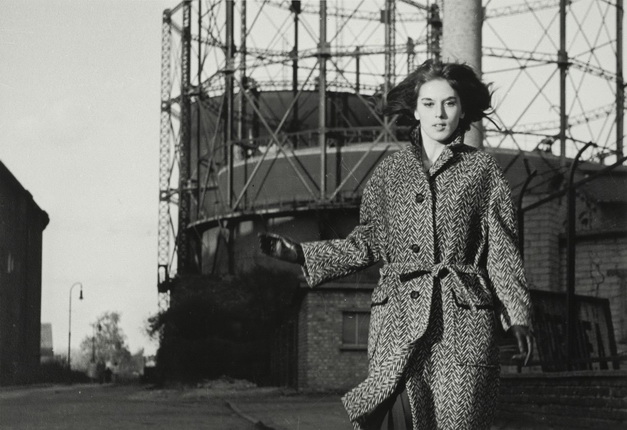
Arno Fischer. Müritz. 1956. © Arno Fischer; Institut für Auslandsbeziehungen e. V. (ifa)
Arno Fischer. New York, Staten Island Ferry. 1978. © Arno Fischer; Institut für Auslandsbeziehungen e. V. (ifa)
Arno Fischer. West Berlin, 1 May, Tiergarten. 1959. © Arno Fischer; Institut für Auslandsbeziehungen e. V. (ifa)
Arno Fischer. New York. 1984. © Arno Fischer; Institut für Auslandsbeziehungen e. V. (ifa)
Arno Fischer. Marlene Dietrich, Moscow. 1964. © Arno Fischer; Institut für Auslandsbeziehungen e. V. (ifa)
Arno Fischer. East Berlin. 1962. © Arno Fischer; Institut für Auslandsbeziehungen e. V. (ifa)
Moscow, 23.03.2013—12.05.2013
exhibition is over
Zourab Tsereteli Gallery of Fine-Arts
19, Prechistenka street (
opening hours: 12:00 - 20:00, Friday 12:00 - 22:00, Sunday 12:00 - 19:00, day off - Monday.
Tel: + 7 (495) 637-25-69
Share with friends
Curator: Matthias Flügge in collaboration with Arno Fischer
For the press
Arno Fischer is an iconic figure in the history of German photography. This exhibition presented by the Institute for Foreign Cultural Relations (ifa) includes some 140 works by the legendary photographer, characterising different stages in his work. The starting point of the exhibit is Fischer’s early series ‘Situation Berlin’. The photographs were taken from 1953 to 1960, just before construction of the Berlin Wall. In 1961 publication was forbidden, but it was these shots that brought the talented photographer to public attention, and his prophetic image ‘Crack in the Wall’, from the early 1950s, became a symbol of divided Berlin for many years to come.
Documentary photography was not Arno Fischer’s sole interest. After his failure with ‘Situation Berlin’ he created a black-and-white portrait series of German diva Marlene Dietrich, also on display at the exhibition. The actress liked these photographs so much that she asked Fischer for the negatives in a private letter.
The exhibition also includes images that were commissioned by the fashion magazine Sibylle, published in East Germany. Fischer and his wife Sibylle Bergemann made a revolutionary contribution to fashion photography: instead of the customary shots in studio settings familiar from fashion magazines such as Vogue and Elle, they took photographs in ordinary city streets and industrial interiors.
The final section of the exhibition is dedicated to Polaroids made in Gransee, Brandenburg, where Arno Fischer spent the last years of his life. Refined and reminiscent of watercolours, these images of withered flowers or leaves and faded garden furniture comprise the ‘Garden’ series, which was published in Germany as an album in 2007. Arno Fischer travelled the world, exploring new territory such as India and African countries. In Germany he is also known as a brilliant teacher who educated several generations of contemporary German photographers: Fischer held master classes on photography until the last days of his life.
Arno Fischer was born on 14 April 1927 in Wedding, a borough in west Berlin. He studied sculpture at the Berlin Weissensee School of Art and the Berlin School of Fine Arts. In 1953 he began work as a photolab assistant at the Berlin Weissensee School of Art and was later promoted to head assistant. During that time he created the photo series ‘Situation Berlin’, which was suppressed from publication. In the mid-1960s Fischer became one of the founders and leaders of the Direkt society of East German photographers. In the 1970s he worked as a freelance photographer; carried out commissions for the fashion magazine Sibylle; travelled across East Germany, Poland, Czechoslovakia and the USA; and taught at the Academy of Visual Arts in Leipzig. In 1985 he married his colleague and student Sibylle Bergemann. In 2000 Fischer was awarded the Erich Salomon Prize by the German Photographic Association. In 2001 he founded his own school of photography, where he taught until 2006. Arno Fischer died at the age of 84 on 13 September 2011, having outlived his wife by just 10 months.
Organizers
With the support of

Financial partners of the Year of Germany 2012/13 in Moscow






Special partner of the Year of Germany 2012/13 in Russia


